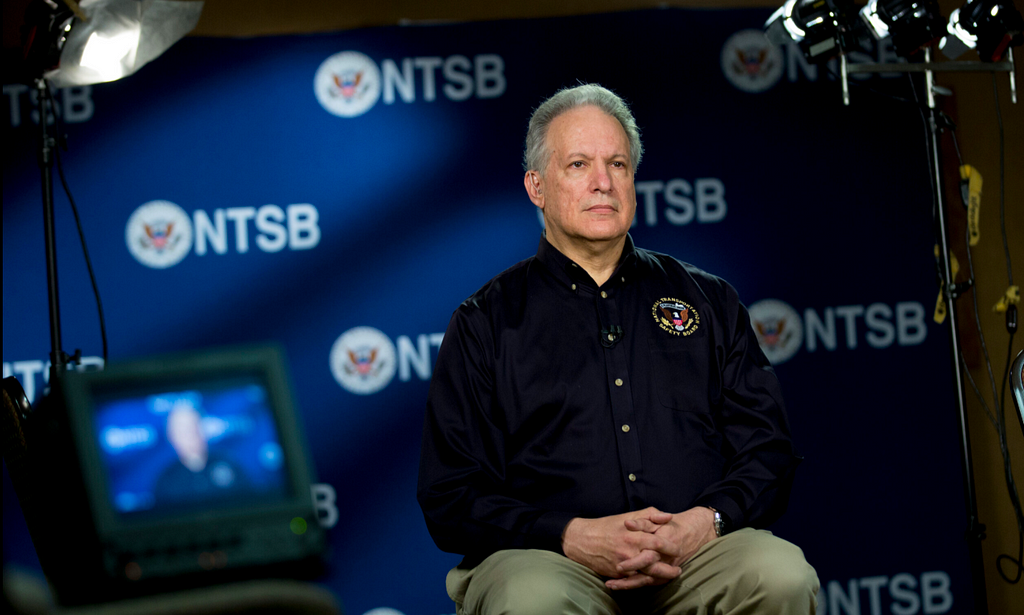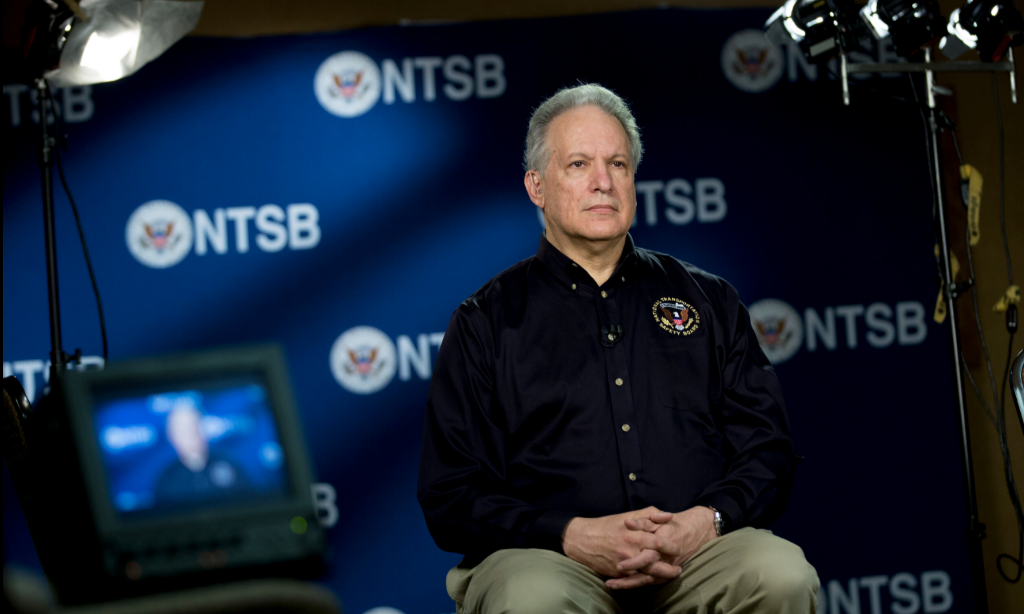By: Alex Roy via the No Parking Podcast

As a driving enthusiast, people often ask me why I support the idea of autonomous vehicles. I’d like to say it’s because I hate traffic and parking is expensive, but both of those pale before the obvious one, which is safety. Even if traffic weren’t a factor and parking was ubiquitous and free, we’d still have a moral obligation to reduce needless suffering whenever possible. If all autonomous vehicles could ever do was help save lives, why wouldn’t we deploy them? I’ll always want a car I can drive to the country or across it, but as a New Yorker with a toddler, nothing would make me happier than to make our city streets safer.
But what do “safe” and “safer” mean? What’s the truth behind the statistics trotted out by so many autonomous vehicle developers? If “safer” is the goal, are autonomous vehicles really necessary?
This time on No Parking, I spoke to one of my favorite people, Dr. Mark Rosekind, about the concept of safety, how it has evolved over a century, and why he thinks autonomous vehicles will defy the skeptics.
Rosekind is now the Chief Safety Innovation Officer at Zoox and formerly served with the National Highway Traffic Safety Administration, NASA, and the National Transportation Safety Board. He’s also one of the bluntest men in transportation.
“Every time you come up with a new safety feature,” he said, “there’s always some group that wants to fight it for a period of time until somehow it pushes through.”
Autonomous technology will have to overcome a lot more than resistance to change. Rosekind argued that our entire approach to safety has been fundamentally backward since NHTSA was founded in 1970.
“For 50 years, safety’s been reactive,” he said. “You wait until somebody crashes, gets injured or dies and then you go and investigate to figure out what we should have done differently. That’s a reactive safety culture. And I always distinguished that having come from NASA and aerospace, they’ve really pushed a proactive safety culture. How do we prevent X, Y, Z from happening in the first place?”
I’ve been saying the same thing since long before autonomous vehicles became a possibility, but the only solution I saw was driver education. Of course, even if human driving vastly improved, I still wouldn’t want to drive in traffic, and neither does anyone else. And that’s something even the most hardcore driving enthusiasts can agree on.
